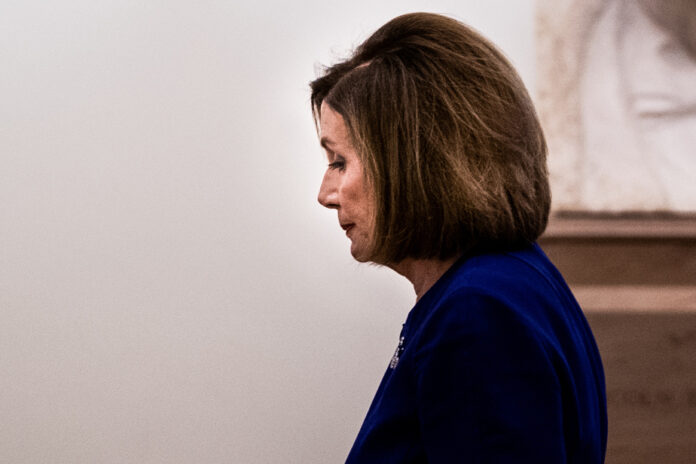“What advice can you give me to help me in my career? » This is a question that was asked to me five years ago and it is a very legitimate question since we sometimes have the impression of being invaded by ideas from experts and friends. To the point that it becomes difficult to make necessary choices, because if everything is important, nothing is important.
I have chosen to refer to eight people, from a businessman to a philosopher to a politician, but not just anyone, to share what has been useful in my professional life.
Person #1: Lucien Auger, psychologist from Montreal who explains a proven method for managing your emotions and thus avoiding all the disadvantages linked to anger, envy, distrust and other unpleasant emotions.
Person #2: Abraham Lincoln, the one who put into practice, in an exemplary manner, the principle of surrounding yourself with a great team. He even managed to recruit his main opponent in the presidential race. He is a master in perpetually managing the internal tensions inherent in teams of strong heads.
Person #3: Jim Collins, who says there are benefits to being humble and nothing is more important than having the right people on the leadership team bus.
Person #4: A. G. Lafley, former CEO of Procter
Person #5: Dale Carnegie, who believes that we must first take care of the people for whom we are responsible, but without losing sight of the results of the company, the idea being that motivated employees will deliver the results. His book How to Make Friends contains so many valuable ideas that it is the subject of my longest book summary.
Person #6: Gandhi, the man who gave independence to India and whose autobiography is full of examples of transparency in his relationships and communications and where he managed to be frank without being hurtful… behavior the opposite of political correctness.
Person #7: Martin Seligman, American psychologist, who is a master at teaching how to maintain the delicate balance between being positive about achieving our goals while being realistic during the sometimes long journey and often fraught with pitfalls.
Person #8: René Descartes, who states that our decisions must be specific to the situation and that it is a mistake to want to simplify any decision to a few principles: we must combine aggressiveness and patience, principles and pragmatism, trust and humility, in short that nothing replaces judgment.
You will probably have noticed that I attach great importance to knowledge of human nature, including self-knowledge, and that one should not limit oneself to the business world in the search for inspiring leadership models.















